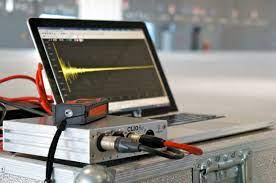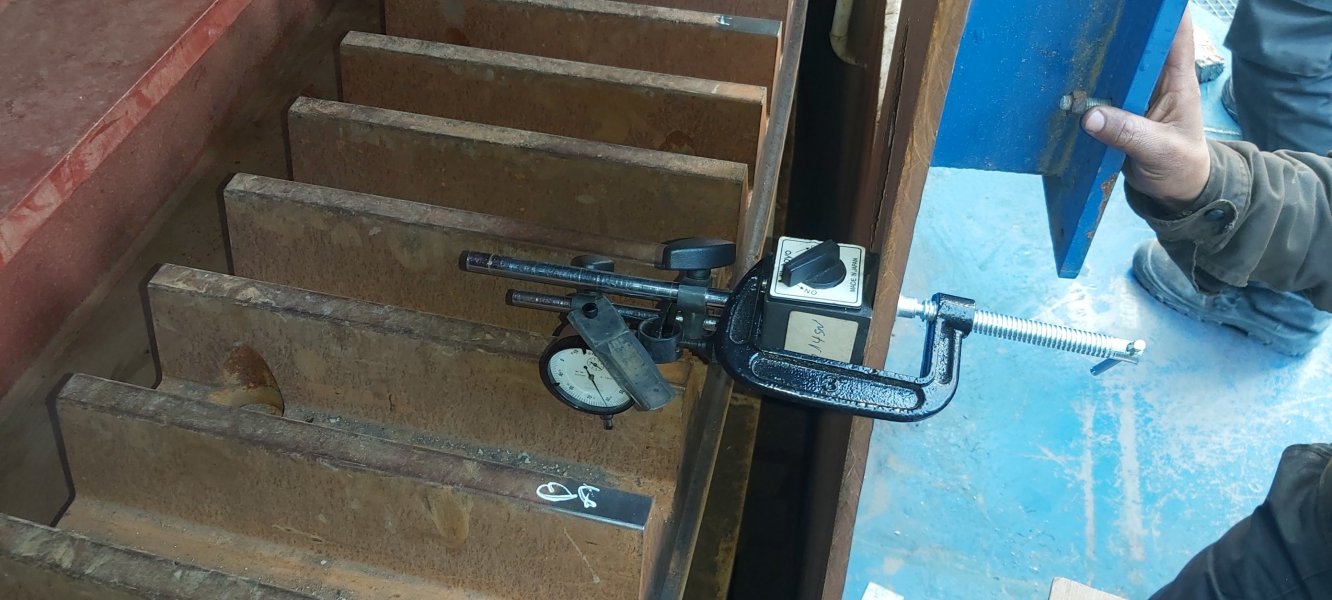"Those who seek the chaperone of science need some science."
You don't get to cherry pick terms like expectation bias and double blind to prove your point. For example there is no scientific thing as a double blind test. There is such a thing as ad double blind protocol. Assuring that the test subject or administrator of test is not influenced by their knowledge of the subject matter is but one element of a proper scientific test. The notion then that a test, if you can even call it that, does becomes valid merely because bias was accounted for or failed to be accounted for is not scientific. The results are merely anecdotal
You don't get to cherry pick terms like expectation bias and double blind to prove your point. For example there is no scientific thing as a double blind test. There is such a thing as ad double blind protocol. Assuring that the test subject or administrator of test is not influenced by their knowledge of the subject matter is but one element of a proper scientific test. The notion then that a test, if you can even call it that, does becomes valid merely because bias was accounted for or failed to be accounted for is not scientific. The results are merely anecdotal








